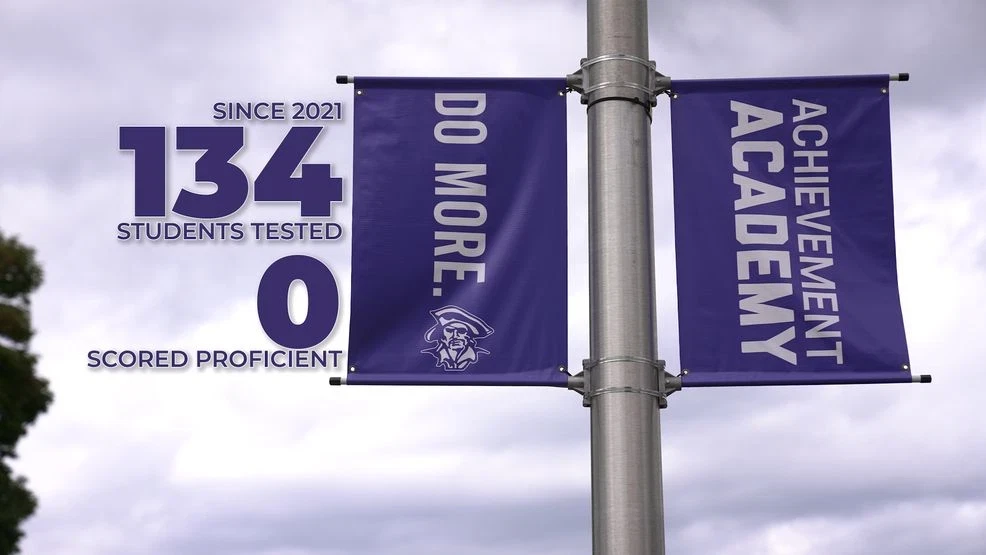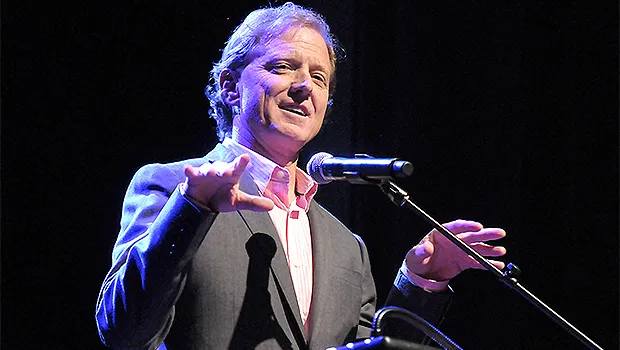By Navhind Times
Copyright navhindtimes

New-age Kannada writers have to carry ahead the legacy of seniors, including Bhyrappa
S. L. Bhyrappa, who passed away at the ripe old age of 94, is one of the colossal Kannada literary personalities known for his novels that have enthralled the readers for the past 7 decades. Widely regarded as one of modern India’s popular novelists, his first work, written exactly 70 years ago – ‘Gathaanma Matteradu Kathegalu’ (1955), which is a compilation of 3 short stories dating back to his high school days – captivated the readers just as his final novel, ‘Uttarakaanda’ (2017), based on the epic ‘Ramayana’, moved them.
Bhyrappa, whose works were unique in terms of theme, structure, and characterisation, has not only been a popular writer but also a top-selling author in the Kannada language. His books have been widely translated into Hindi and Marathi, which have also gone on to become bestsellers. Interestingly, his writings did not fit into any specific genre of the contemporary Kannada literature, like, say, Navodaya, Navya, Bandaya or Dalita, partly because of the range of topics he chose to write about. Some of his most celebrated novels include ‘Vamshav Vriksha’, ‘Daatu’, ‘Grihabhanga’, ‘Aavarana’, ‘Sartha’ and ‘Parva’, which is the most critically acclaimed of all his novels, narrating the social structure, values and mortality in the epic of Mahabharata very effectively.
The childhood of Bhyrappa was as perplexing as his stories. He lived in orphanages, ate at charity homes, sold incense sticks, cooked in small eateries, did hard manual labour at railway stations, and even lived with itinerant sadhus, roaming from place to place and absorbing the rhythms of ascetic life. Eventually he secured high education for himself, but at a price.
The writer was a lecturer of logic and psychology at a college in Hubli and then at Sardar Patel University in Gujarat, NCERT, Delhi, and the Regional College of Education, Mysore, from which he retired in 1991. Many of his books were also made into films, like ‘Vamsha Vriksha’ (1971)/‘Vamsa Vruksham’ (1980), ‘Godhuli’ (1977), ‘Mathadana’ (2001) and ‘Naayi Neralu’ (2006).
A prolific writer, whose literary legacy includes over 25 novels, Bhyrappa at many times was caught in the vortex of controversies, as some of his major works were at the centre of heated public debates and intellectual discourse due to their complex themes and thought-provoking narratives. He had a debate with Girish Karnad in the publication ‘Vijaya Karnataka’ regarding the religious tolerance of 18th-century Mysore ruler Tippu Sultan. U.R. Ananthamurthy, a contemporary Kannada writer, was a prominent critic of Bhyrappa’s novels. Bhyrappa has documented his debate with Ananthamurthy in his autobiography, ‘Bhitti’ (Wall).
The Kannada litterateur was decorated with various awards for his literary achievements and was the recipient of honours, namely the Saraswati Samman for his novel ‘Madra’ in 2010, the Padma Shri in 2016 and the Padma Bhushan in 2023. He was also awarded the Sahitya Akademi Fellowship in 2015. His novel ‘Daatu’ (Crossing Over), which narrated the story of the complex caste system deep-rooted in Indian society as demonstrated through the characters, won him the Sahitya Akademi Award in 1975.
Bhyrappa’s death marks an acute loss not only to the world of Kannada letters but also to the Indian and global literary circles. He was fortunate to bring out his works during the era when reading was second nature to Kannada families. This made him a commercially successful writer, captivating generations of readers. The new-age Kannada writers now have a major responsibility on their shoulders, to carry ahead the legacy of senior Kannada authors, including Bhyrappa.



